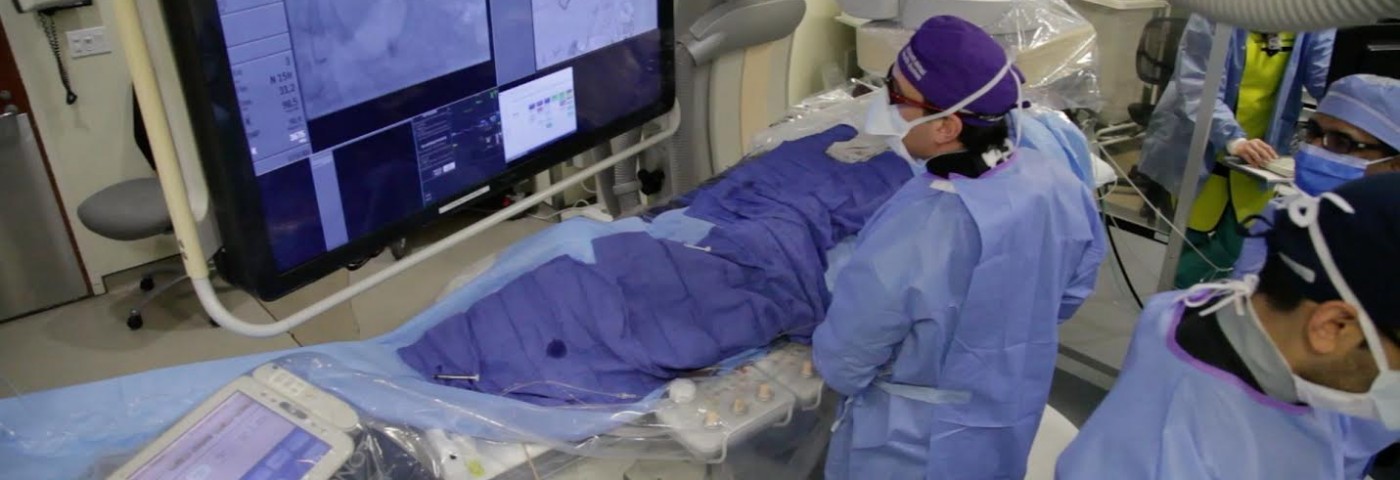A collaborative clinical trial involving the Icahn School of Medicine at Mount Sinai and the Johns Hopkins University School of Medicine is evaluating the safety and efficacy of the bariatric arterial embolization (BAE) method as a treatment for people with morbid obesity. The Phase 1 study is currently recruiting patients.
The multisite study, funded by The National Institute of Biomedical Imaging and Bioengineering and the Merit Medical, Inc., is expected to be completed by June 2016.
Obesity can be managed in a number of ways, including diet, exercise, weight loss programs, drugs, and surgery. Among the more efficient methods is bariatric surgery, which results in long-term improvement and weight loss. However, according to a study published in the journal JAMA Surgery, surgery is costly and complications have been reported in about 17 percent of patients, with a second operation required in 7 percent of the cases.
BAE is an alternative treatment, and minimally invasive compared to surgery. This procedure targets the hunger hormone, called ghrelin, to reduce the sensation of hunger and eventually lead to weight loss. The study, called Bariatric Embolization of Arteries for the Treatment of Obesity or BEAT (NCT02165124), will assess the approach’s effectiveness.
“The study is designed to evaluate if we can precisely modify the patient’s sensation of hunger. The concept behind this study is that if we can reduce the amount of ghrelin circulating in the blood, patients will become less hungry,” Aaron Fischman, MD, assistant professor of Radiology and Surgery and director of the Vascular and Interventional Radiology training program at the Icahn School of Medicine, said in a press release. “Ultimately, this may be an adjunct to bariatric surgery and one facet in a multidisciplinary approach to treating obesity.”
In a transradial approach, researchers use arteries to restrict blood flow to the cells producing ghrelin. The procedure consists of inserting a catheter through a wrist artery, and directing it to the ghrelin-producing cells located in vessels in the fundus portion of the stomach. The team will then inject microscopic beads of gelatin to block parts of the left gastric artery to interrupt the blood supply.
“There’s less risk of bleeding, less pain and less trauma to the blood vessel compared to the traditional method which uses the femoral artery in the groin to access the arterial system. In addition, patients can ambulate immediately after the procedure, recover faster and more comfortably,” Dr. Fischman said.
A total of 20 participants with body mass index (BMI) ranging from 40 to 60 are expected to be enrolled in the trial. Preliminary results have indicated a reduction in appetite due to the reduced ghrelin levels in circulating blood. In addition, an average weight loss of about 10 percent has been recorded at the third month after the procedure.
Further research is required to determine the long-term effects of the BAE method on obese patients.
More information on this trial, including enrollment information, is available through this link.
According to the U.S. Department of Health and Human Services, over two-thirds of the adults in the United States are either overweight or obese, conditions that have been long associated with increased risk of cancer, hypertension, diabetes, heart disease, and stroke.


